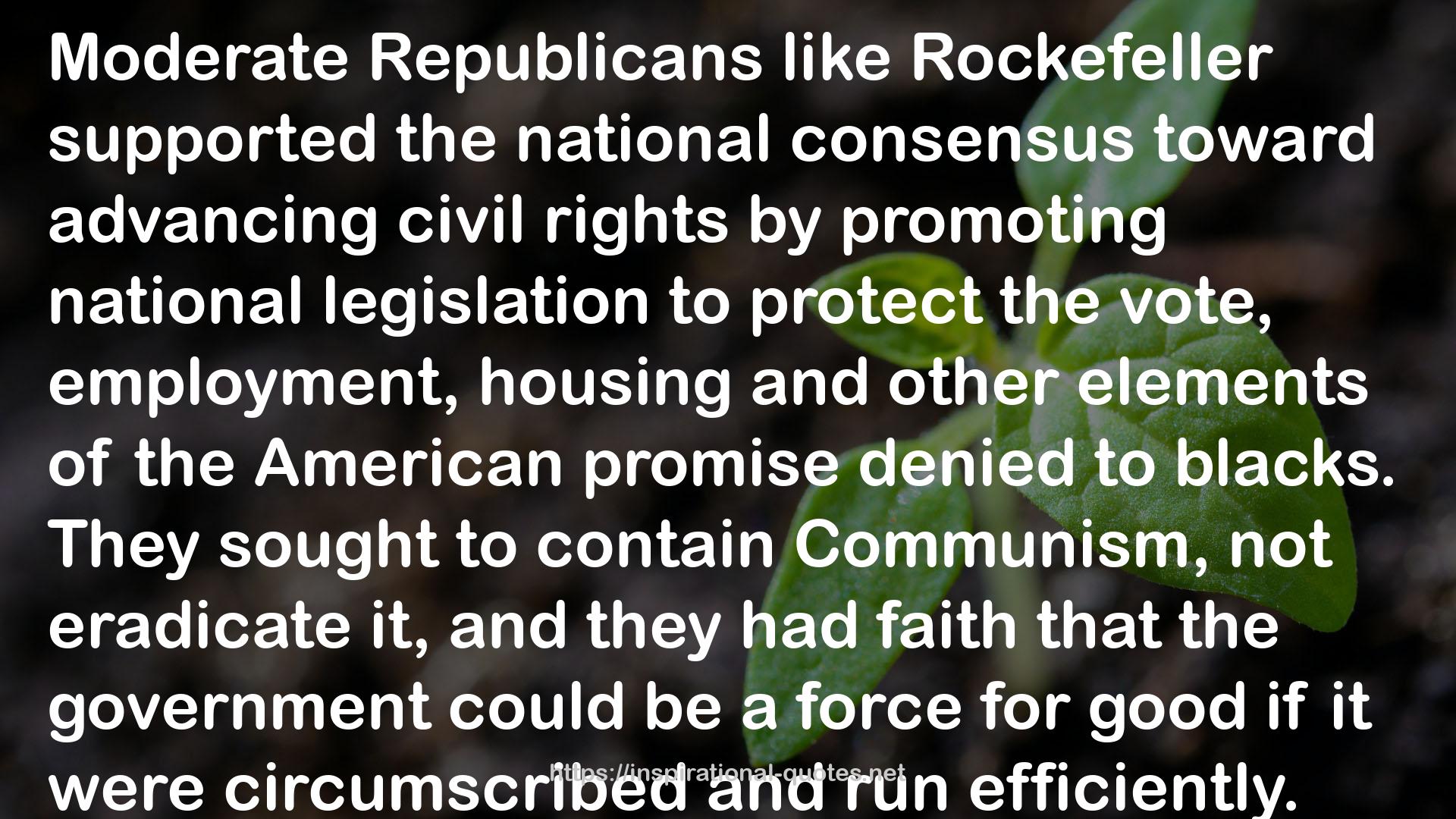Whistlestop: My Favorite Stories from Presidential Campaign History QUOTES
SOME WORKS
- Evil: Spine-Tingling True Stories of Murder and Mayhem
- The Barcelona Complex: Lionel Messi and the Making--And Unmaking--Of the World's Greatest Soccer Club
- Red Riding Quartet
- The Road to Sparta : Retracing the Ancient Battle and Epic Run That Inspired the World's Greatest Foot Race
- A Runner's High: My Life in Motion
- The Education of a Coach
- The Children
- The Breaks of the Game
- The Making Of A Quagmire: America and Vietnam During the Kennedy Era
- Firehouse

